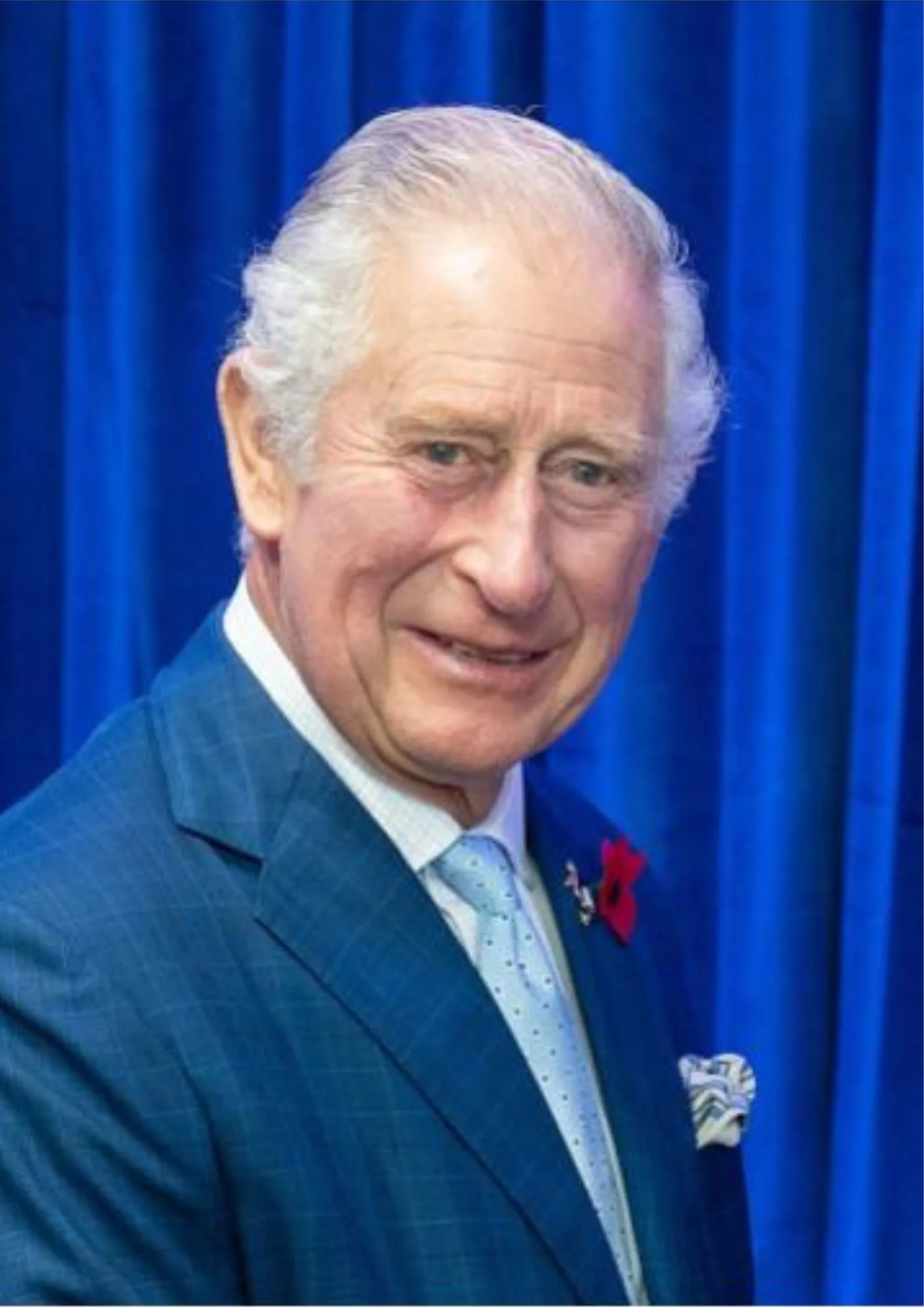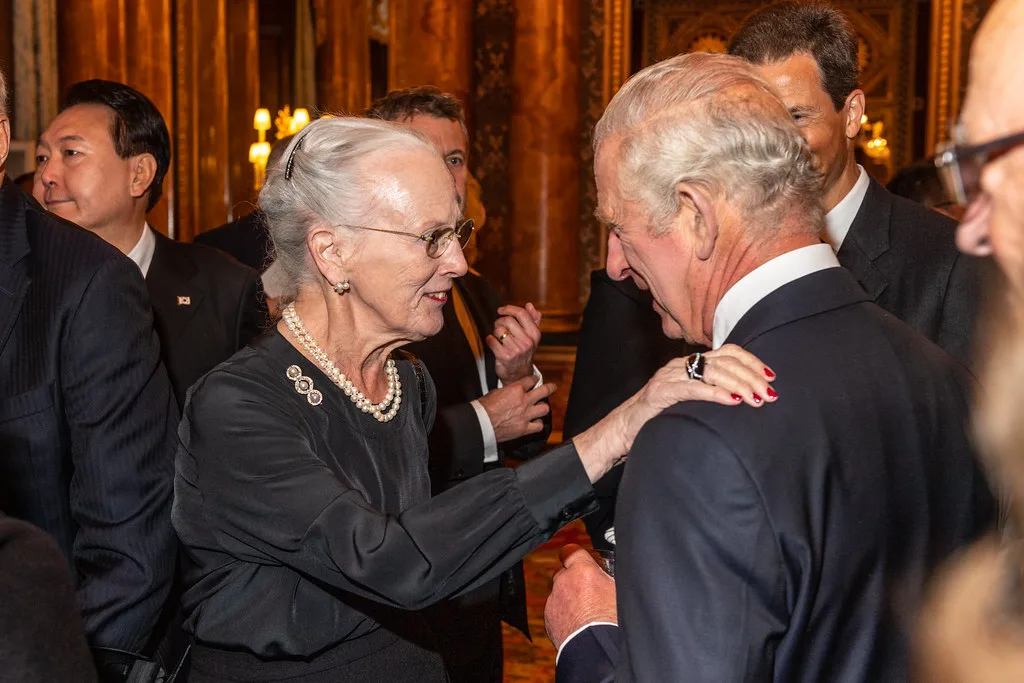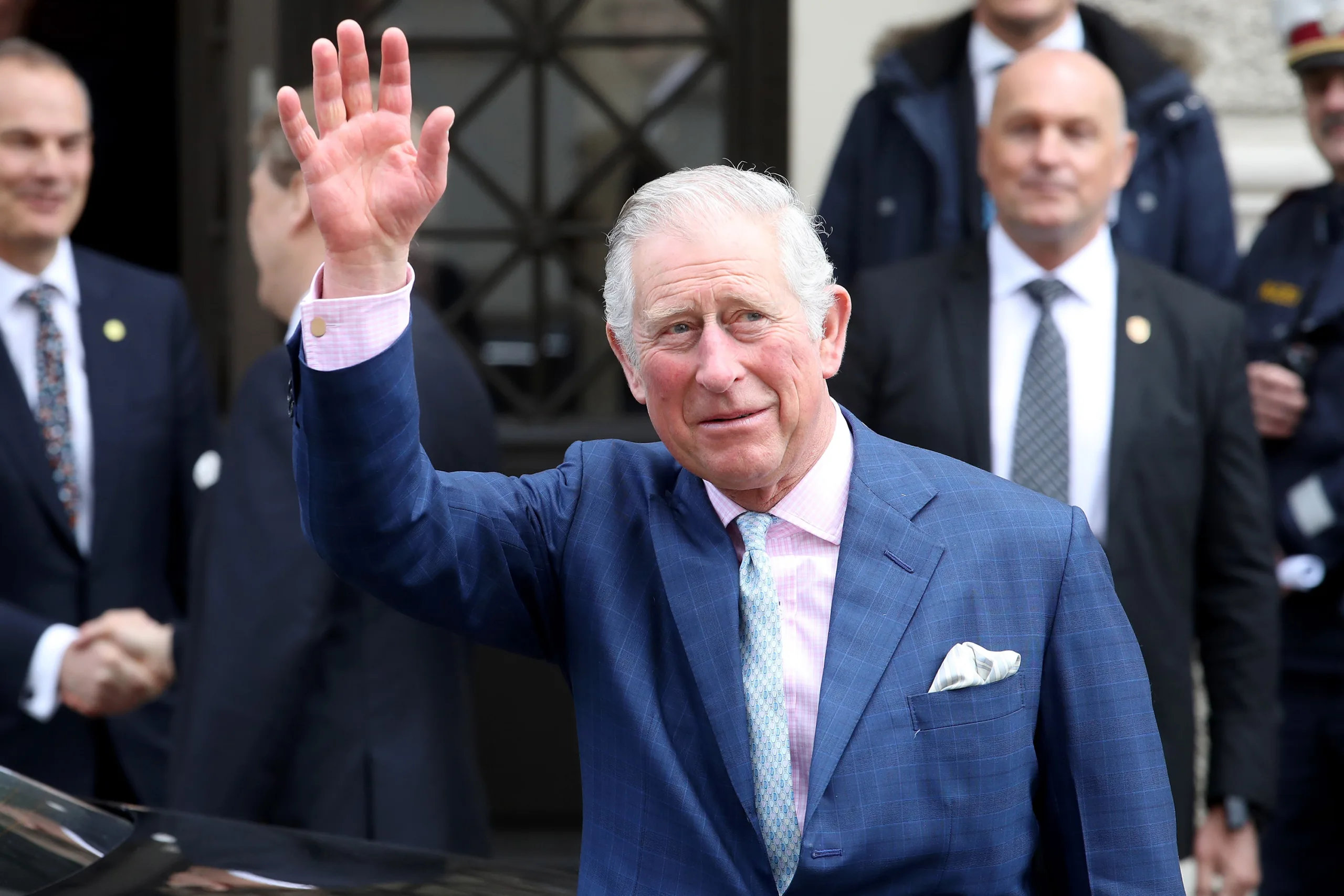Introduction:
King Charles III’s recent diagnosis of cancer has sparked concern and curiosity around the world. Buckingham Palace’s announcement has raised questions about the type of cancer, its severity, and the implications for the monarchy. Here, we delve into the details of the diagnosis, shedding light on what is known and what remains uncertain.
King Charles III’s Cancer Diagnosis:

Buckingham Palace confirmed that King Charles III underwent a procedure for an enlarged prostate, during which a separate issue of concern was identified. Subsequent tests revealed a form of cancer. However, the specific type of cancer has not been disclosed. It’s important to note that the diagnosed cancer is unrelated to prostate cancer, a common misconception.
Understanding Enlarged Prostate and its Link to Cancer:
Enlarged prostate, also known as benign prostatic hyperplasia (BPH), is a common condition among older men, affecting around 80% of men over 70. While BPH itself is not cancerous, the diagnostic procedures for it can sometimes uncover other health issues, including cancer. Procedures like transurethral resection are commonly recommended to alleviate symptoms associated with BPH, such as difficulty urinating.
Detecting Cancer During Diagnostic Procedures:
Medical experts explain that diagnostic procedures for enlarged prostate, like transurethral resection, involve the use of scopes to examine the prostate. During these examinations, doctors may incidentally discover cancerous growths in nearby areas like the bladder or urethra. Additionally, signs such as bloody urine can indicate potential kidney or urinary tract cancers.
The Complexity of Cancer Diagnosis:
Cancerous tissues found during procedures for benign conditions like BPH can originate from other parts of the body. This indicates the possibility of metastatic cancer, where cancer cells spread from their original site to other organs. While such cases are relatively rare, they highlight the importance of thorough diagnostic evaluations and follow-up care.
The Impact on King Charles III and the Monarchy:

King Charles III’s diagnosis has prompted adjustments to his public engagements while he undergoes treatment. Despite this, he remains committed to fulfilling his constitutional duties, albeit with temporary limitations. The palace’s transparency regarding the diagnosis aims to prevent speculation and foster understanding, particularly among those affected by cancer.
Responses and Support:
The news of King Charles III’s diagnosis has elicited messages of support from leaders and the public alike. British Prime Minister Rishi Sunak expressed well wishes for the monarch’s recovery, reflecting the sentiment of the entire nation. Similarly, international leaders, including U.S. President Joe Biden, have extended their support and prayers for King Charles III’s swift recovery, drawing parallels with their own experiences with cancer and its challenges.
FAQs?
Q1. What type of cancer does King Charles III have?
A. Buckingham Palace has not disclosed the specific type of cancer. However, it has clarified that it is unrelated to prostate cancer, which is commonly associated with enlarged prostate.
Q2. How long has King Charles III been king?
A. King Charles III ascended to the throne in September 2022 following the death of his mother, Queen Elizabeth II. He has been King for less than 18 months.
Q3. What are the implications of King Charles III’s cancer diagnosis on the monarchy?
A. While King Charles III will temporarily scale back public engagements to focus on treatment, he will continue with state business and official paperwork. There are constitutional mechanisms in place to manage official duties during periods of health challenges.
Q4. How are world leaders and the public responding to the news of King Charles III’s cancer diagnosis?
A. Leaders such as British Prime Minister Rishi Sunak and U.S. President Joe Biden have expressed support and well wishes for King Charles III’s recovery. The public response reflects concern and solidarity with the monarch and the royal family during this challenging time.
Conclusion:
As King Charles III embarks on his journey of treatment and recovery, the world stands in solidarity with him and the royal family. While uncertainties remain regarding the specifics of the diagnosis and its implications, the collective hope is for the king’s full and speedy recovery. Through transparency, support, and understanding, we navigate this challenging chapter with optimism and resilience.
In summary, King Charles III’s cancer diagnosis underscores the importance of vigilance in healthcare, the complexities of cancer diagnosis and treatment, and the power of unity in facing adversities. As the monarch receives treatment, the outpouring of support from around the world serves as a testament to the strength of the human spirit in overcoming challenges.
Recommended Reading:-https://citytimesnow.com/princess-kates-successful-surgery-king-charles/


